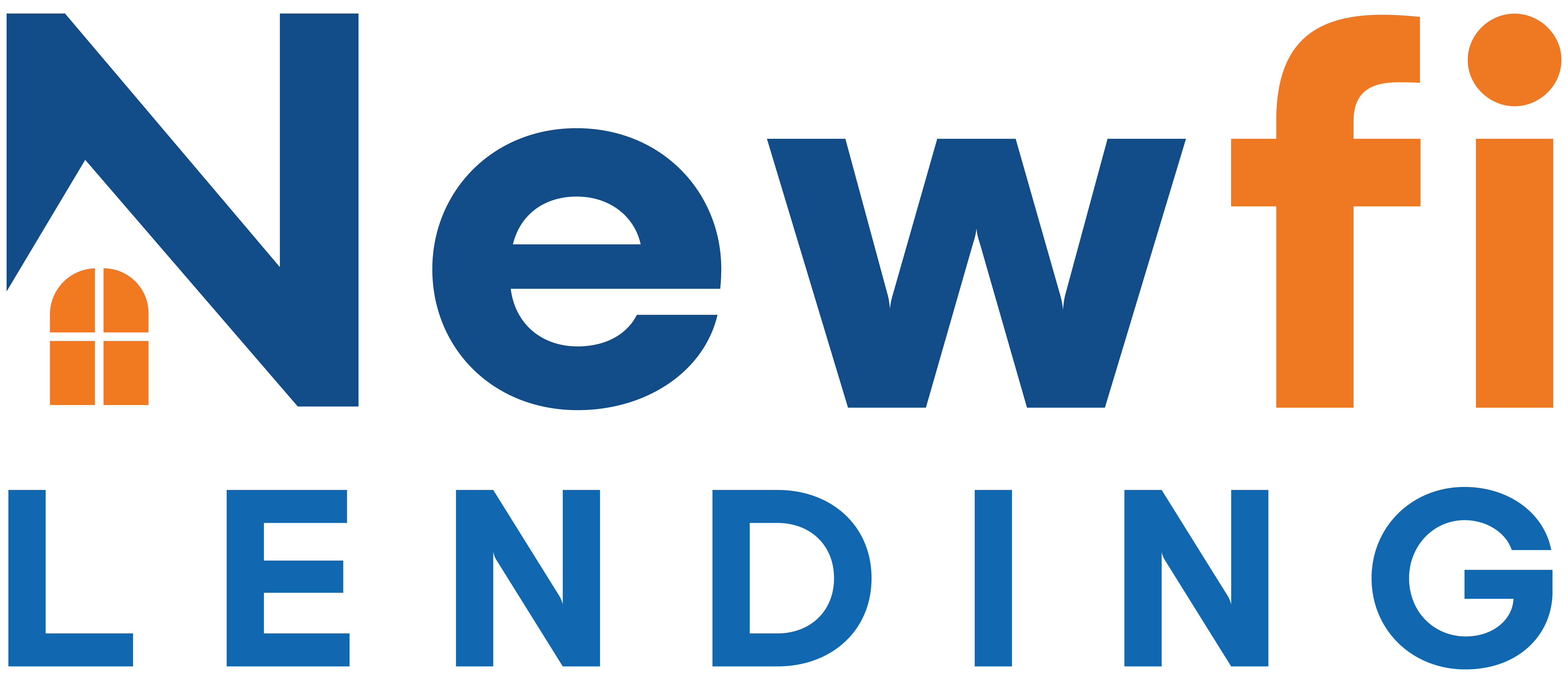What Is a Non-QM Loan?
Non-QM loans are mortgage loans that do not comply with the definition of a Qualified Mortgage. The Qualified Mortgage is part of a set of standards included in the Dodd–Frank Wall Street Reform and Consumer Protection Act, which became law in 2010 after being signed by President Obama.
Qualified Mortgage standards are designed to help protect lenders from certain liabilities, such as lawsuits, buybacks, and financial loss. Although the Qualified Mortgage standards help protect lenders, many have started to originate non-QM loans. While doing so does increase the lender’s risk, it also enables the lender to offer a wider variety of loans not offered by other lenders.
Non-QM loans are particularly useful for a lender trying to attract self-employed buyers, because these loans can still be originated for those self-employed who are unable to document their income with tax returns or those who have been in business for less than two years.
Non-QM Loan Requirements
Unlike QM loans, non-QM loans do not require the intense scrutinization of the borrower’s income. These loans are often called “no-doc” loans because the borrower doesn’t have to verify anything except their citizenship. The income and assets listed on the application are stated (but not verified) by the applicant.
Like standard QM loans, non-QM loans do have credit requirements, which vary per lender. While there is no set standard minimum score, some lenders require a minimum score of at least 620, while others may require much higher numbers. To qualify for this type of loan, the borrower also needs to have a steady income and assets. There are some programs under the non-QM umbrella that are available for those with less-than-perfect credit.
Down payments are usually required with these loans, but the minimum also varies by lender. It is not rare for non-QM loans to require slightly higher down payments compared to conventional loans. In cases where the borrower doesn’t have enough liquid funds to put down, their assets can potentially be used to strengthen their application.
Certain non-QM loans, like Jumbo loans, can still qualify borrowers with debt-to-income (DTI) ratios higher than 43%, the DTI limit for conventional loans. Again, their assets can be taken into consideration when determining whether the borrower meets the Ability to Repay requirements that all mortgage loans have.
Are Non-QM Loans Essentially Subprime Loans?
No, non-QM loans are not subprime or high-risk loans, but lenders who offer them don’t have the same level of protection as those who originate QM loans. Because of the limited liquidity in these loans they can’t be sold to Fannie Mae or Freddie Mac, so lenders tend to either keep these loans in-house or sell them to private investors through secondary markets.
Who are the Ideal Candidates for Non-QM Loans?
A non-QM loan is a great option for borrowers who are in unique circumstances. This type of mortgage is preferred by:
- Self-employed for less than two years
- Self-employed who are unable to show a large income on their tax return
- Borrowers with high DTI, but with plenty of assets
- Certain borrowers with blemished credit due to unforeseen circumstances
- Borrowers who wish to have 40-year terms
If you want to learn more about non-QM loans and your options, then Newfi is here to help. Give us a call today at (888) 316-3934 to speak to one of our loan advisors. We can help you make the right mortgage choice for your unique situation.

